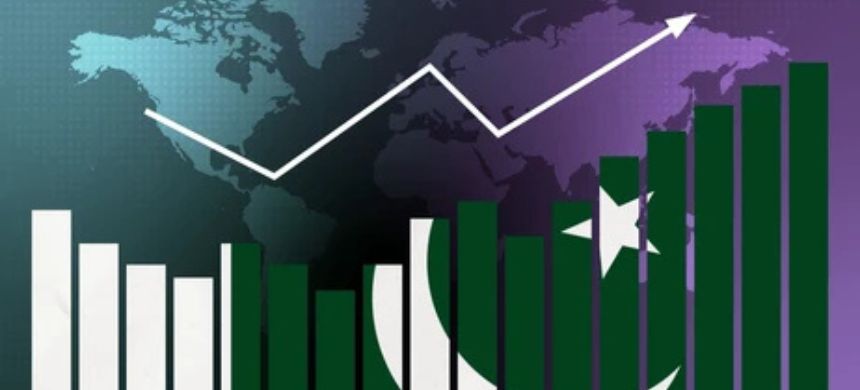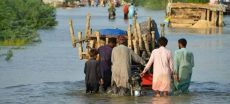
Written by Yasir Mushtaq Bajwa, An Overseas Pakistani Businessman
Pakistan is currently passing through a very critical and delicate stage in its economic history. This is a time when both challenges and opportunities are knocking at our doors. Inflation, declining foreign exchange reserves, the falling value of the rupee, industrial slowdown, and shrinking investment opportunities—altogether paint a worrying picture. Yet, if these challenges are addressed with sincerity and sound policies, the same crisis can guide us towards sustainable growth.
It is encouraging that in recent years the Government of Pakistan has taken several steps toward financial stability, including negotiations with international financial institutions, subsidy reforms, and efforts to improve tax collection. The aim of these measures is to create a strong financial structure under which ordinary citizens may receive economic relief.
However, the ground realities raise serious questions that cannot be ignored. At present, the country’s foreign reserves are around 8 billion dollars, enough only for a few weeks of imports. Inflation hovers between 25–30%, badly eroding citizens’ purchasing power. The continued devaluation of the rupee has made imports expensive, while exports lag behind in global competitiveness.
Pakistan’s total debt has crossed 70% of GDP, and industrial output continues to show negative trends. Collectively, these indicators send a clear message: immediate, serious, and long-term economic reforms are urgently needed.
The tax net in Pakistan remains extremely narrow. Only about 3% of the population pays income tax, which is insufficient for any stable economy. A modern and strong state can only survive if citizens pay taxes according to their income, and the state spends these resources effectively on public welfare. For this, it is essential to bring the informal economy into the formal system so that revenues increase and economic sovereignty is restored.
Agriculture, considered the backbone of Pakistan’s economy, still suffers from outdated facilities and low productivity. Farmers face problems such as lack of modern machinery, expensive fertilizers, poor-quality seeds, and inadequate water supply. If this sector is modernized, not only will agricultural output rise, but food prices will stabilize—directly easing inflationary pressures.
Another grave concern is the steady decline in exports. Pakistan’s exports are heavily dependent on textiles, whereas global economies are focusing on innovation, diversity, and research-driven products. Pakistan has several sectors where achieving international standards can open access to new markets.
Small and Medium Enterprises (SMEs) are the backbone of the economy, but they face acute shortages of capital, training, and market access. The government should support them with easy loans, business advisory services, and local industrial promotion, enabling millions of young people to secure dignified employment.
The energy crisis is also a major obstacle to growth. High electricity and gas costs have burdened industries. Pakistan must urgently shift toward renewable and affordable sources such as solar and wind power. This will not only reduce dependence on imported fuel but also lessen environmental impacts.
To promote investment, economic policies alone are not enough; a sustainable, trustworthy, and stable political environment is equally vital. Investors put money where policies remain consistent, legal systems are transparent, and corruption has been eliminated. Pakistan’s low ranking in “Ease of Doing Business” is largely due to bureaucracy, complex regulations, and policy inconsistency.
It is necessary to make land acquisition, registration, taxation, and legal procedures easier for investors. A zero-tolerance approach must be adopted against corruption, and institutions should be empowered and held accountable. Pakistani embassies abroad should actively pursue economic diplomacy. To strengthen the “Brand Pakistan,” international trade shows, investment conferences, and business forums must be organized.
However, economic improvement cannot be left solely to the government and institutions. Citizens too must play their role: preferring local products, paying taxes, adopting financial transparency, avoiding wasteful spending, promoting savings and investments, and focusing on skill development of the youth are our shared national responsibilities.
It is true that Pakistan’s economy is currently in a fragile situation, but it is equally true that within crises lie opportunities. If we make the right decisions, adopt transparent governance, and include the people in the development process, there is no reason Pakistan cannot become a prosperous, self-reliant, and globally respected economy. Citizens, government, and institutions must collectively embark on this journey of national progress. We only need the courage to take the first step, and the destination will reveal the way forward itself.











